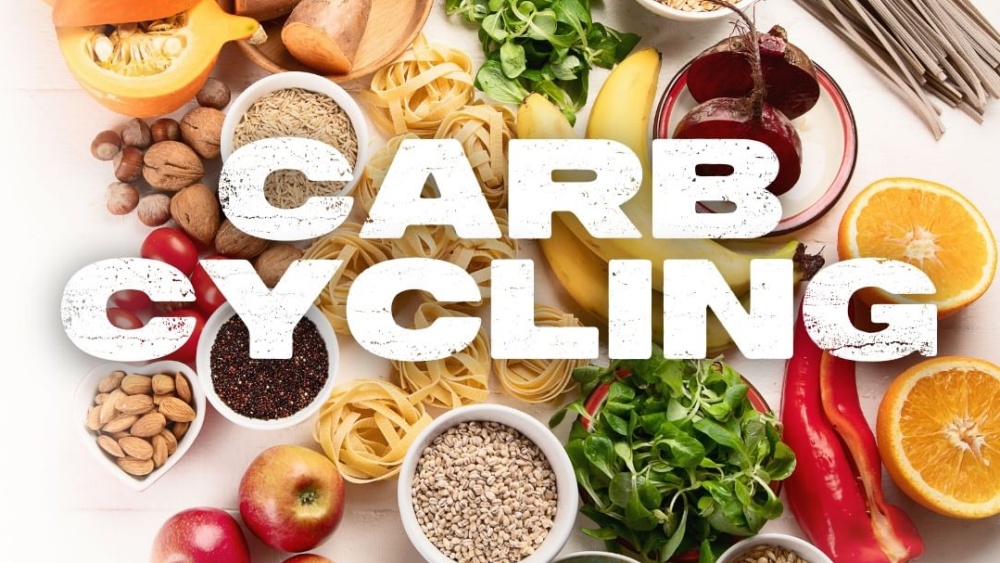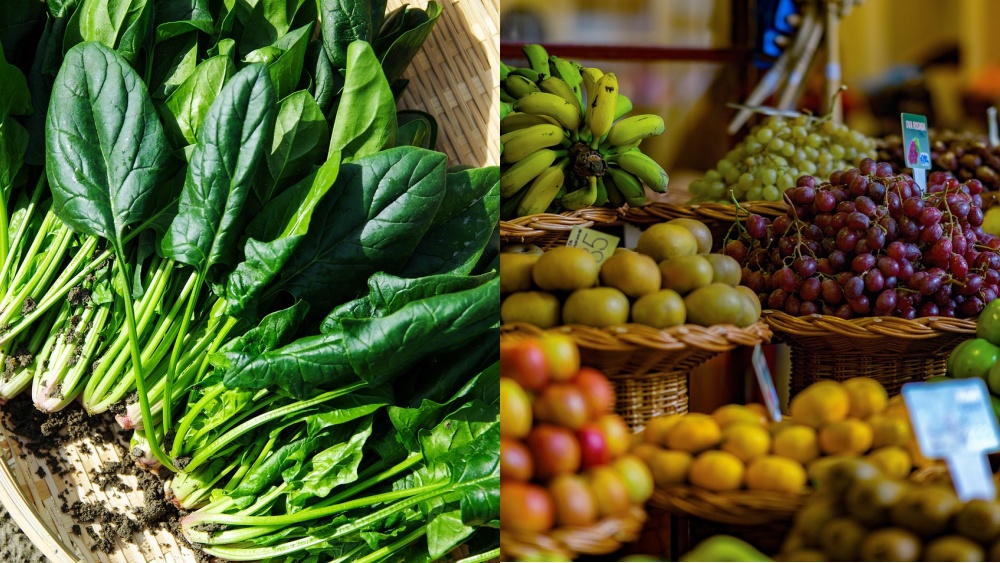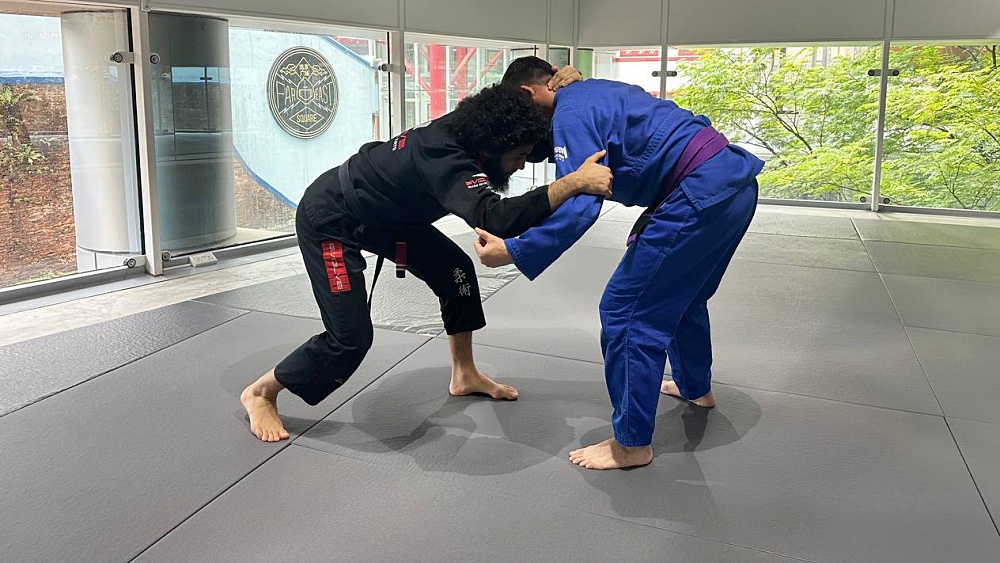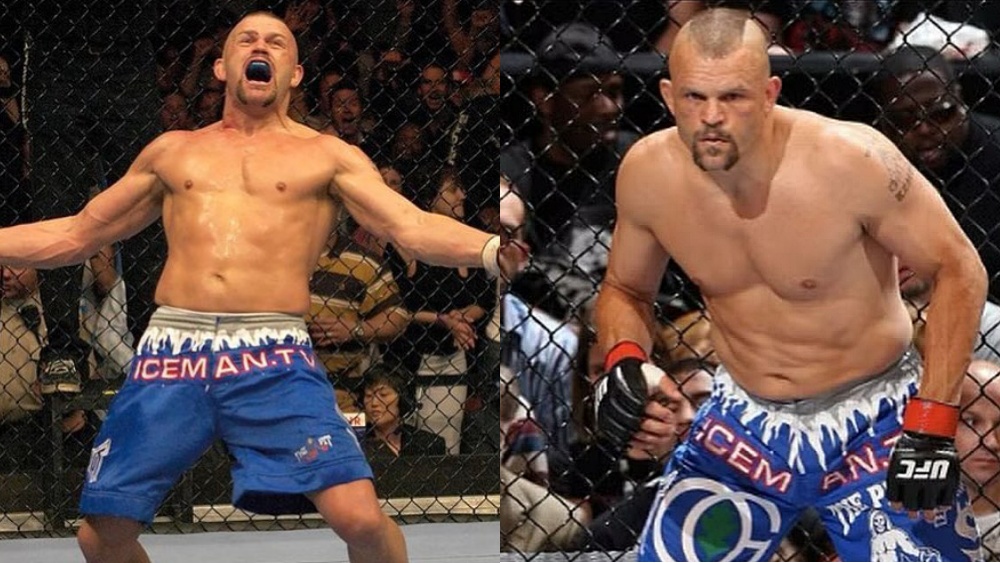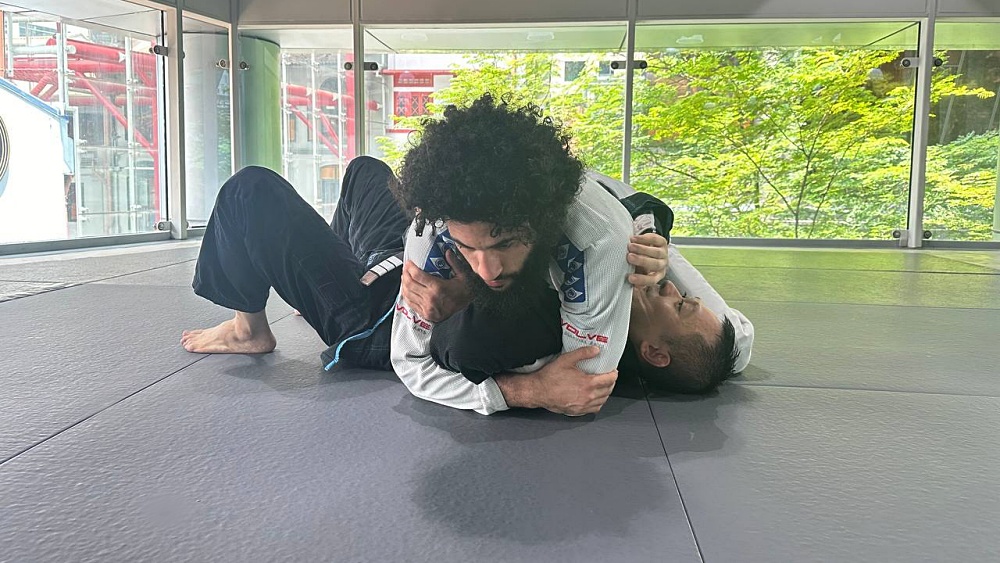You have religiously attended your strength and conditioning classes week in and week out to achieve your dream physique. But beyond just performing the workouts, it is also important to understand how muscle building works and its relationship with a very commonly known nutrient, protein.
Protein is an essential nutrient that helps to repair and build muscle tissues. Your body cannot build bigger, stronger muscles when you are protein deficient. In fact, your body starts to break down muscle tissues when it’s not getting enough protein.
Familiar sources of protein include meats, fish, seafood, beans, and eggs. Nowadays, there are also countless protein supplements that are actually consumable. A lot has changed since the days you had to hold your nose and force yourself to down a protein shake. Many protein supplements now taste good enough to consume just for the taste.
The vital role of protein when it comes to building muscles
Protein provides the foundation for muscle growth. It is also essential for keeping your body running. Protein intake should be balanced with carbohydrate intake when bulking is the goal. Carbs provide a source of fuel for the body and help to prevent muscle degradation and weakness.
With a proper balance of proteins and carbohydrates, anyone can build their dream physique regardless of their body type. It’s about giving your body the right nutrients it needs to grow. There are two main types of muscle growth you should be aware of when creating a fitness routine with the goal of building muscles:
- Lead body mass (LBM) growth: Your lean body mass is calculated by subtracting your fat mass from your total body mass. It includes the weight of your muscles, bones, skin, organs, and water. It is not the most accurate way to measure muscle growth since water weight is factored into it. Water weight can be significantly increased by several things like taking supplements like creatine (which is highly recommended for muscle growth), excessive salt intake, and inflammation due to illness.
- Skeletal muscle mass (SMM) growth: This is a derivative of your lean body mass, and it measures the weight of the muscles used to control posture and movement. It is a more accurate way of tracking muscle growth.
How protein builds muscles
Most people associate proteins with muscle growth, but it is the amino acids which the proteins are converted into inside the body that forms the building blocks for muscle tissues in the body. If your muscles are a house, amino acids are the building blocks used to put the house together.
Your body manufactures some of the amino acids used to build muscle tissues. Still, there are nine essential amino acids (EAA) that cannot be made in the body but are necessary to maintain and build muscles. These EAAs must be gotten from food sources like soy, nuts, beans, and meat. A diet that is rich in the different types of amino acids is best for muscle growth.
Leucine is one of these essential amino acids responsible for a large portion of anabolic processes. Having adequate quantities of leucine in the body sends signals to the body to synthesize muscle proteins.
Every workout you complete leaves your muscles with small tears and stimulates your body into building stronger, larger muscles that can carry a heavier load. Amino acids like leucine help to repair damaged muscles and serve as building blocks for new ones.
Getting the right amount of protein
Consuming protein daily isn’t enough for significant muscle growth. You also want to make sure you’re getting as much protein as your body needs to grow new muscle tissues. The amount of protein required to maintain muscles and build new ones is drastically different, with the latter being much greater.
How much protein you need varies on your size. Studies currently indicate that it takes about 1.8 grams of protein for each kilogram of body weight to increase lean body mass. That means a person who weighs 50 kilograms should consume about 90 g of protein daily.
That might seem like a lot of protein to those who have never had to eat to gain muscles, but it doesn’t take that much effort to get that much protein into your system daily. You just need to know which foods are rich in protein.
For example, a can of tuna contains up to 49 grams of protein, while one cup of chicken (140 grams) contains 43 grams of protein. A glass of milk contains about 10 grams of protein. Simply adding one protein-rich food to each meal allows you to meet your daily protein needs. Countless protein shakes have as much as 40g of protein for each serving.
Don’t neglect carbs
Protein is the most essential nutrient when it comes to muscle growth, but carbohydrates come in second place. Carbs help to replace glycogen in the blood and assist in the processing of insulin as nutrients are transported into cells. Combining carbs with protein helps to limit muscle breakdown after workouts and promotes growth.
Building things takes energy, and that applies to muscle building as well. Your body also needs lots of energy to power through the workouts that stimulate your muscles to grow. Most of that energy comes from the carbs you consume.
The two types of carbohydrates you should be focused on are simple and complex carbs. The former provides a source of sporadic energy, while complex carbs provide a steady source of energy for your body.
It takes longer for your body to convert complex carbs into energy, but there is no crash, as is the case with simple carbs.
Some of the benefits of adding a sufficient amount of carbs into your muscle-building diet include:
- Prevents muscle weakness: Carbs provide your body with glycogen stores that you tap into during workouts. This improves athletic performance and helps to reduce muscle fatigue.
- Prevents muscle degradation: Restricting carbs in your diet can lead to inefficient protein processing. Not getting enough carbs leads to an increase in nitrogen being excreted from the body. Nitrogen is one of the building blocks of muscles, so more nitrogen leaving the body means less protein is used to build muscles.
- Helps with muscle recovery: The glycogen in muscles needs to be replenished after workouts to prevent glycogen depletion. That can lead to proteins being used for energy as a last resort instead of building muscles.
You may also like:
How To Build A Diet Plan For Building Muscle
Diet Wars: Keto vs Paleo vs Low-Carb, Which Diet Is For You?



